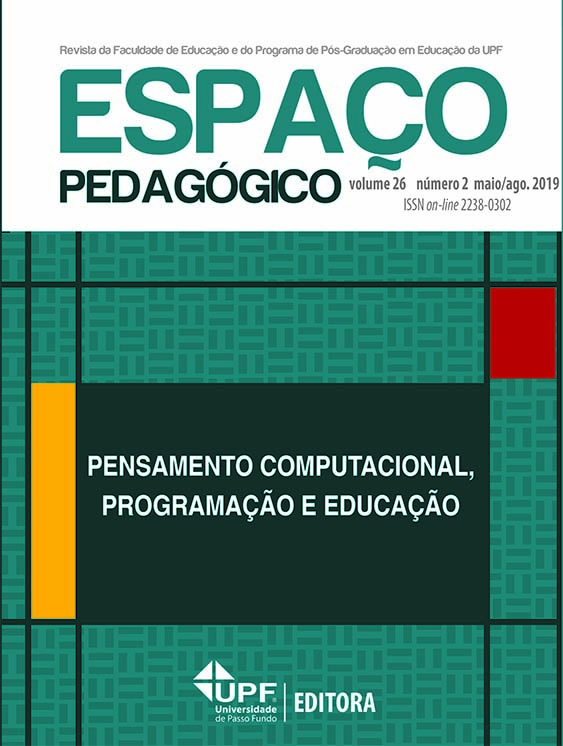Computational thinking: a new demand for education of the 21st century
DOI:
https://doi.org/10.5335/rep.v26i2.8702Keywords:
Pensamiento computacional, educación, resolución de problemas, habilidades computacionales, aprendizaje.Abstract
In the current 21st century, citizens are required to face deep changes and challenges, especially in life and work. In this way, for an adequate decision making in today’s world, the complex and the changing, skills must be developed for the people that allow them to develop properly. Thus, education must be a fundamental element in the construction of this society through the promotion of skills, for example, those related to computational thinking, critical thinking and the context in which a problem can be decomposed, data processing, create procedures and generalize them. Therefore, through this study, we will reflect on the importance of computational thinking and analyze it conceptually. Also, the elements that compose it will be considered and finally, some interesting experiences on the teaching of programming language and computational thinking were reviewed.



